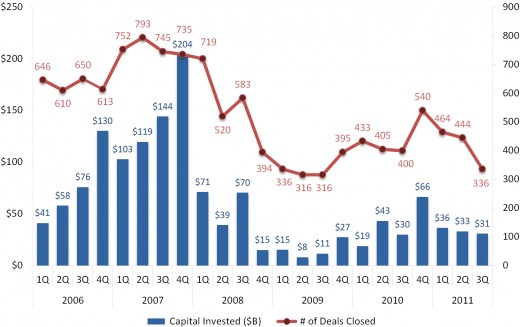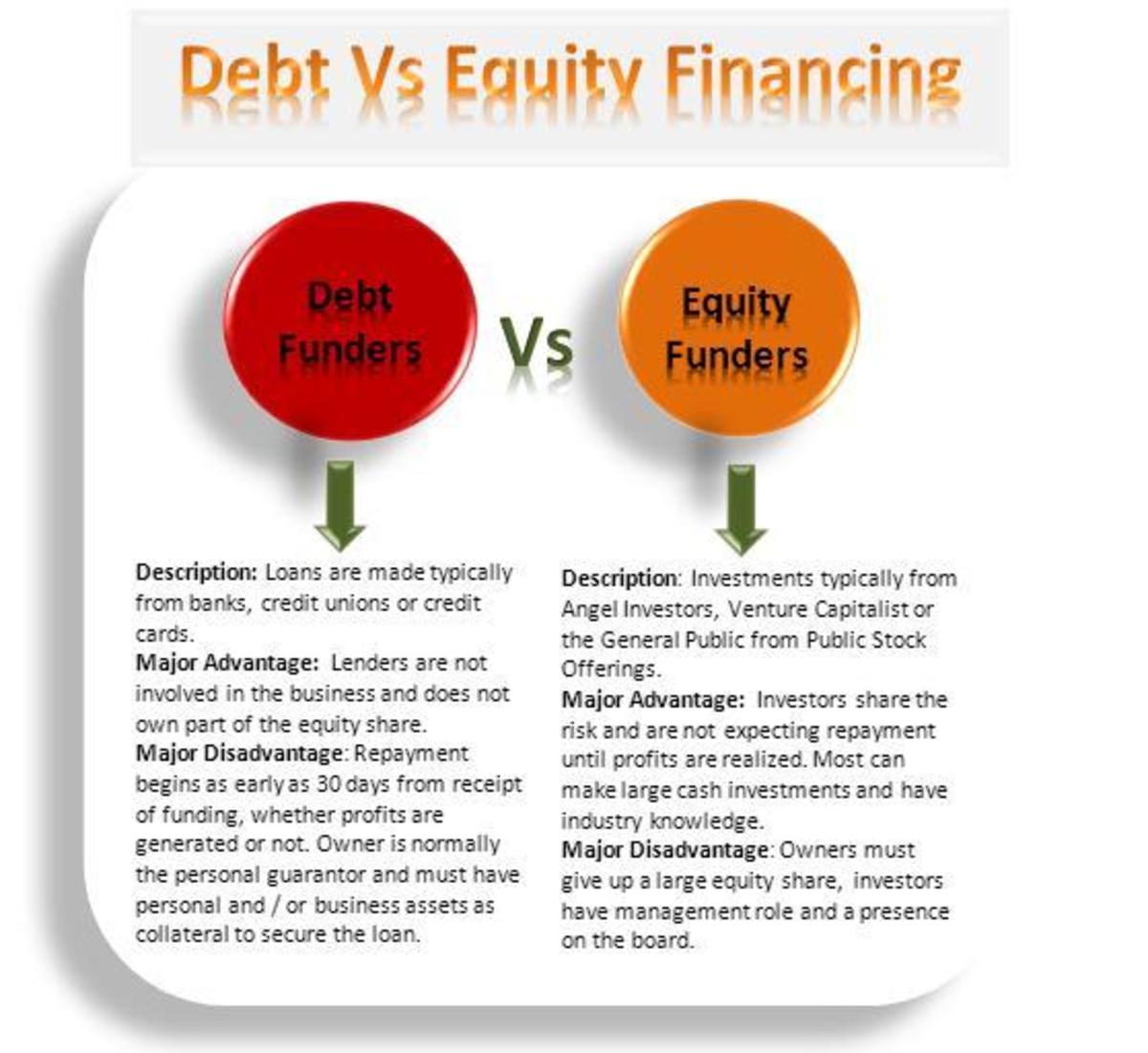Start a Small Business Venture Like You've Done It Before
Have a Plan and Measure Your Progress

Experience Can be Imitated
It is common knowledge that the chance of succeeding with your first business start up is very low. Although the small business failure rate varies by state (here's an article about business failures) there are a number of common characteristics that can be used to avoid that fate.
The Big 4 Mistakes
What the business plans of failed small businesses had in common were an abundance of shallow thinking and wildly optimistic projections. In decades of consulting with small business owners I have found that the most important characteristics for success is the business owners willingness to face reality. The business plans (to the extent there was a plan) of the failing businesses were more designed to lure an investor or lender and less about the realities of the markets.
The above business planning mistakes, once experienced through the actual pain of losing real money, become a focus of the entrepreneurs 2nd or 3rd business venture.
If you want to succeed in your first venture you need to focus on what business owners do in their 2nd ventures:
- Develop a bullet proof cash flow forecast. Take this cash flow forecasting process seriously. Set up a the,plate that reflects how your business really works. Avoid using "canned" models off the internet. Do it by week for the first year and then by month for the next two years. Make certain your assumptions are conservative. Don't assume your customers will all pay on time, don't assume you won't get a price increase from your suppliers. Don't assume that all suppliers will give you good credit terms. etc., etc.Cash flow forecasting is much easier using good business plan software.
- Design your financing around your cash flow forecast - not the other way around. This is very, very important. Too many people who start up a business think they can "work around" the issue of cash flow. You hear these stories of people pulling off the miracle business of taking $100 and turning it into $5,000,000. You also hear stories of people spending $1 on a lottery ticket and walking away with $20,000,000 but the lotto is a bad bet for all but 1 person out of 20,000,000.
- Detail your ownership or partnership plans with buy/sell agreements and mechanisms for partnerships to dissolve without sinking the business. Here's something to think about when considering a partner. Another idea for your business partner..the 2% Business Partner Solution.
- Make your business plan a living document. Don't just crank out a bunch of numbers and then put it in the file. The plan should be looked at every month. In areas where you were wrong ...why were you wrong? Most first time entrepreneurs only analyse why their business plan was wrong after the business has failed and they are back working at a job trying to pull together enough money to try again. Your business plan doesn't have to start perfect but it should get more perfect with every month and every adjustment.
What Do New Businesses Fail?
The reasons for a small business failure can be many but are likely just a few. If you look at the business plan (this will be loosely defined) of businesses that fail you find a few common elements:
- The business plan lacked well thought out contingency paths. I guess you could say this meant there really wasn't a business plan.
- The business plan has sales forecasts that are not backed by a sales strategy. A business owner should have a plan for customers that goes all the way down to the person in the customer organization who makes the buying decisions.
- The plan lacked serious competitive analysis. Understanding the price environment is critical
- The plan did not have a credible cash flow projection.
- The plan had poorly thought out or not documented investor or partner agreements. Not having these agreements can cause severe pressure on the business that is not related to the actual customers or operations but are actually self-inflicted wounds caused by the owners or investors. (Here's an article on how to avoid business partnership disputes.)
Conclusion
The plain and simple fact is that a new start-up business fails most often because the business owners didn't think through the start up financing required to succeed, they were overly optimistic for revenue and expenses and they (the business and the business owner) ran out of money before the business turned profitable . If you want to succeed you need to be able to forecast your business cash flow well enough to see cash crunches coming months or at least weeks in advance. You can manage many problems with enough time and you only get time trough good forecasting and business planning.
Being honest with yourself and getting advice from experienced people who have had their own success and failures will increase your odds of success.









